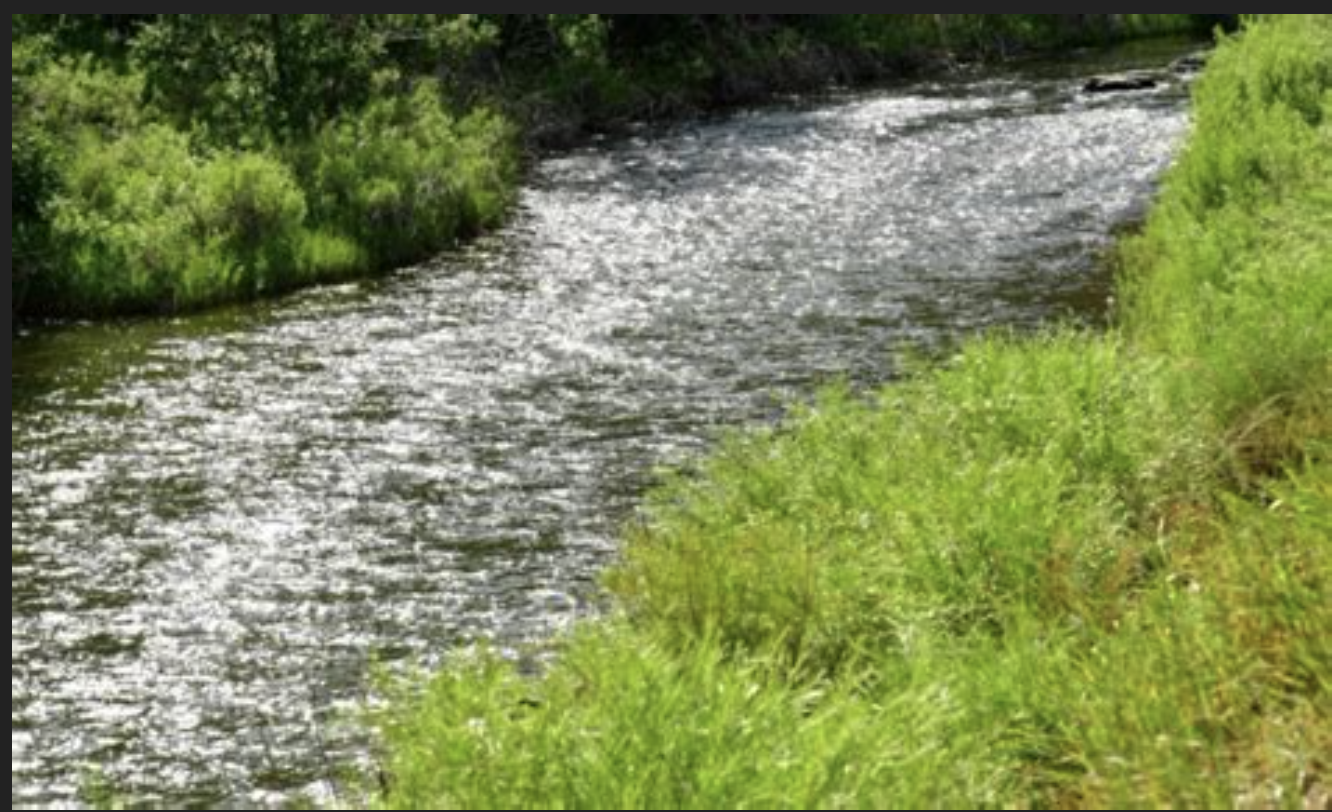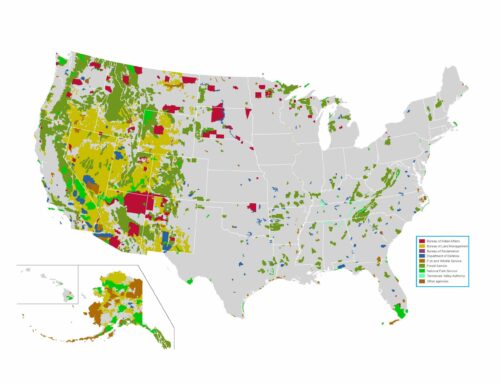by Greg Walcher, E&E Legal Senior Policy Fellow
As appearing in the Daily Sentinel
An announcement last week in Lincoln, Nebraska, raised the hackles of everyone involved in Colorado water. Nebraska Governor Pete Ricketts unveiled a $500 million plan to build canals in Colorado to divert water from the South Platte River into Nebraska, and to condemn private land in Colorado, if necessary, for that purpose. That last bit got everyone’s attention, because one state couldn’t normally condemn land in another state, but this was based on an obscure section of the 1923 South Platte Compact, a century-old water-sharing agreement that still strictly governs the allocation of water.
Ricketts based his announcement, at least partly, on Nebraska’s claim that Colorado’s own water plan could reduce water flows into his state by 90% in the near future, endangering Nebraska’s farms and cities. So, he plans to invoke the old canal right, which supposedly allows Nebraska to seize Colorado land along the South Platte to build a canal abandoned a century ago.






